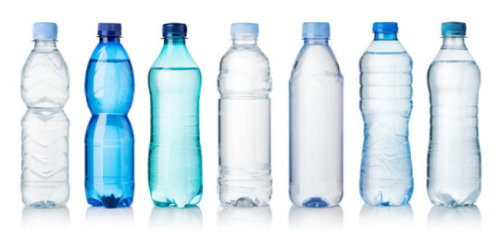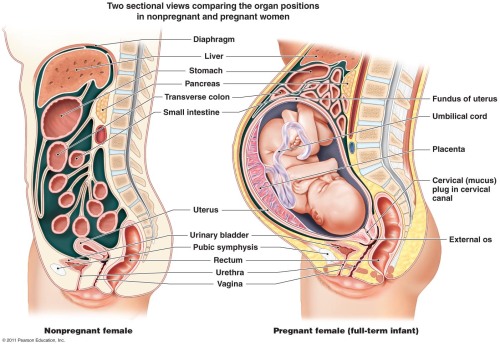#bisphenol a
BPA replacements in plastics cause reproductive problems in lab mice
Twenty years ago, researchers made the accidental discovery that the now infamous plastics ingredient known as bisphenol A or BPA had inadvertently leached out of plastic cages used to house female mice in the lab, causing a sudden increase in chromosomally abnormal eggs in the animals. Now, the same team is back to report in the journal Current Biology on September 13 that the array of alternative bisphenols now used to replace BPA in BPA-free bottles, cups, cages, and other items appear to come with similar problems for their mice.
“This paper reports a strange déjà vu experience in our laboratory,” says Patricia Hunt of Washington State University.
The new findings were uncovered much as before as the researchers again noticed a change in the data coming out of studies on control animals. Again, the researchers traced the problem to contamination from damaged cages, but the effects this time, Hunt says, were more subtle than before. That’s because not all of the cages were damaged and the source of contamination remained less certain.
However, she and her colleagues were able to determine that the mice were being exposed to replacement bisphenols. They also saw that the disturbance in the lab was causing problems in the production of both eggs and sperm.
Post link
BPA exposure during pregnancy causes oxidative stress in child, mother
Exposure to the endocrine-disrupting chemical bisphenol A (BPA) during pregnancy can cause oxidative damage that may put the baby at risk of developing diabetes or heart disease later in life, according to a new study published in the Endocrine Society’s journal Endocrinology.
Bisphenol A is a chemical used to manufacture plastics and epoxy resins. BPA is found in a variety of consumer products, including plastic bottles, food cans and cash register receipts.
Research has shown BPA is an endocrine disruptor – a chemical that mimics, blocks or interferes with the body’s hormones. The U.S. Centers for Disease Control and Prevention have estimated that more than 96 percent of Americans have BPA in their bodies.
Oxidative stress occurs when the body is exposed to high levels of free radicals – highly reactive chemicals that have the potential to harm cells when the body processes oxygen – and the body cannot neutralize the chemicals quickly enough to correct the imbalance. Some environmental toxins such as cigarette smoke, ionizing radiation or some metals may contain large amounts of free radicals or encourage the body to produce more of them, according to the National Cancer Institute at the National Institutes of Health.
“This study provides the first evidence that BPA exposure during pregnancy can induce a specific type of oxidative stress known as nitrosative stress in both the mother and offspring,” said the senior author, Vasantha Padmanabhan, MS, PhD, of the University of Michigan in Ann Arbor, MI. “Oxidative stress is associated with insulin resistance and inflammation, which are risk factors for diabetes and other metabolic disorders as well as cardiovascular disease.”
Almudena Veiga-Lopez, Subramaniam Pennathur, Kurunthachalam Kannan, Heather B. Patisaul, Dana C. Dolinoy, Lixia Zeng, Vasantha Padmanabhan. Impact of Gestational Bisphenol A on Oxidative Stress and Free Fatty Acids: Human Association and Interspecies Animal Testing Studies.Endocrinology, 2015; en.2014-1863 DOI: 10.1210/en.2014-1863
Post link


